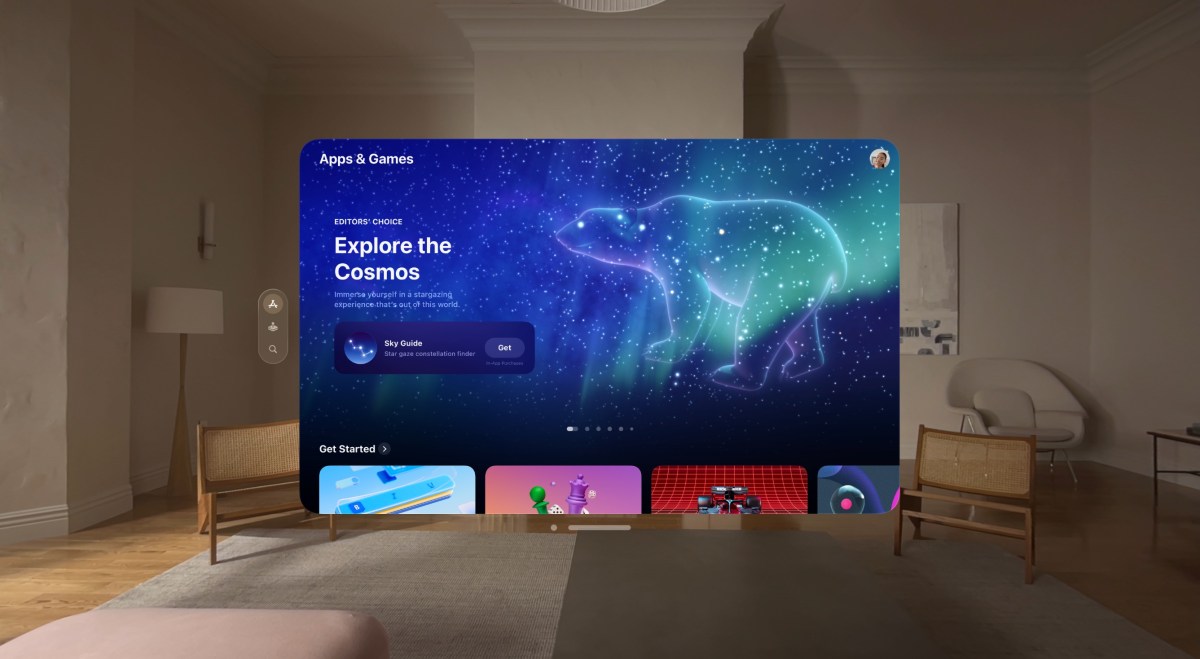7 Myths and Misconceptions About Coffee (2024)
Coffee is one of the most widely consumed psychoactive beverages on the planet. Nearly every country, region, and culture has its own unique way of preparing and consuming coffee. There’s nothing simple about coffee. Those beans in your kitchen are the sum total of a complex series of interactions between international corporations, roasters, shippers, marketers, wholesalers, and even the growers who put the seeds in the ground. It’s complicated.
Below we bust some of the most common coffee myths and misconceptions, to help you become a more informed consumer of this deliciously bitter elixir.
We’re seriously wired here at WIRED. Be sure to check out our guide on How to Make Better Coffee at Home, or take a look at our coffee-related buying guides to the Best Espresso Machines, the Best Coffee Subscriptions, and the Best Coffee Grinders.
Updated March 2024: Added a couple new myths, updated links and copy throughout.
1. Coffee Is Not a Bean
Coffee isn’t a bean, or a legume like many other foods we call beans. It’s a seed! Technically, it’s the endosperm (pit) of a berry. Initially, it’s wrapped in a thin red fruit that’s peeled off during the cleaning process. Then it’s a light silvery green color until it’s roasted.
That doesn’t mean you can plant your beans and grow your own coffee trees. The beans we grind up and brew are not plantable anymore, due to the roasting. Even if they were, it can take years before a coffee plant is mature enough to produce the berries that contain the coffee bean. Not to mention, Coffea arabica (the most popular cultivar) grows and thrives only in a few places in the world. It’s a demanding little plant with very particular climate needs—which brings us to our next point.
2. European Coffee Isn’t From Europe
Coffee beans don’t grow in Europe. They grow in Central and South America, East and West Africa, the Arabian Peninsula, parts of Asia, and the Pacific. So if you’re buying expensive imported coffee from Italy, France, or anywhere outside of these regions, you’re likely getting pretty bad coffee (unless you live in Italy or France, that is). That’s because the best-tasting coffee is always roasted shortly before it’s consumed.
If your coffee beans say they’re from Ethiopia, that’s where they were grown. But if the bag says they’re from somewhere in Europe, it likely means the coffee was roasted there, and that’s bad. Roasting brings out the flavors in coffee, but those flavor compounds start to break down shortly after they’re roasted. Coffee roasted outside your locale has likely sat in a shipping container or cargo plane for a long time. So when it arrives, all those flavors that make the coffee so tasty in a Parisian café have greatly degraded.
That’s why my advice is to always buy locally roasted coffee beans and grind them at home (with a burr grinder).
3. Dark Roasts Don’t Have More Caffeine
We often hear that darker coffee is “stronger,” meaning it contains more caffeine, and that’s not exactly true. When green coffee goes into a roaster, it’s literally just roasted to different levels of doneness—just like your morning toast.
Blonde roasts are among the lightest-roasted beans, and because they don’t spend as much time cooking, they actually contain more intact caffeine compounds than medium- or dark-roasted beans. Heat accelerates chemical interactions, which means it also breaks down caffeine compounds. So it stands to reason that the longer a coffee bean is roasted, the less caffeine it’s going to contain when it’s ground up and brewed.


